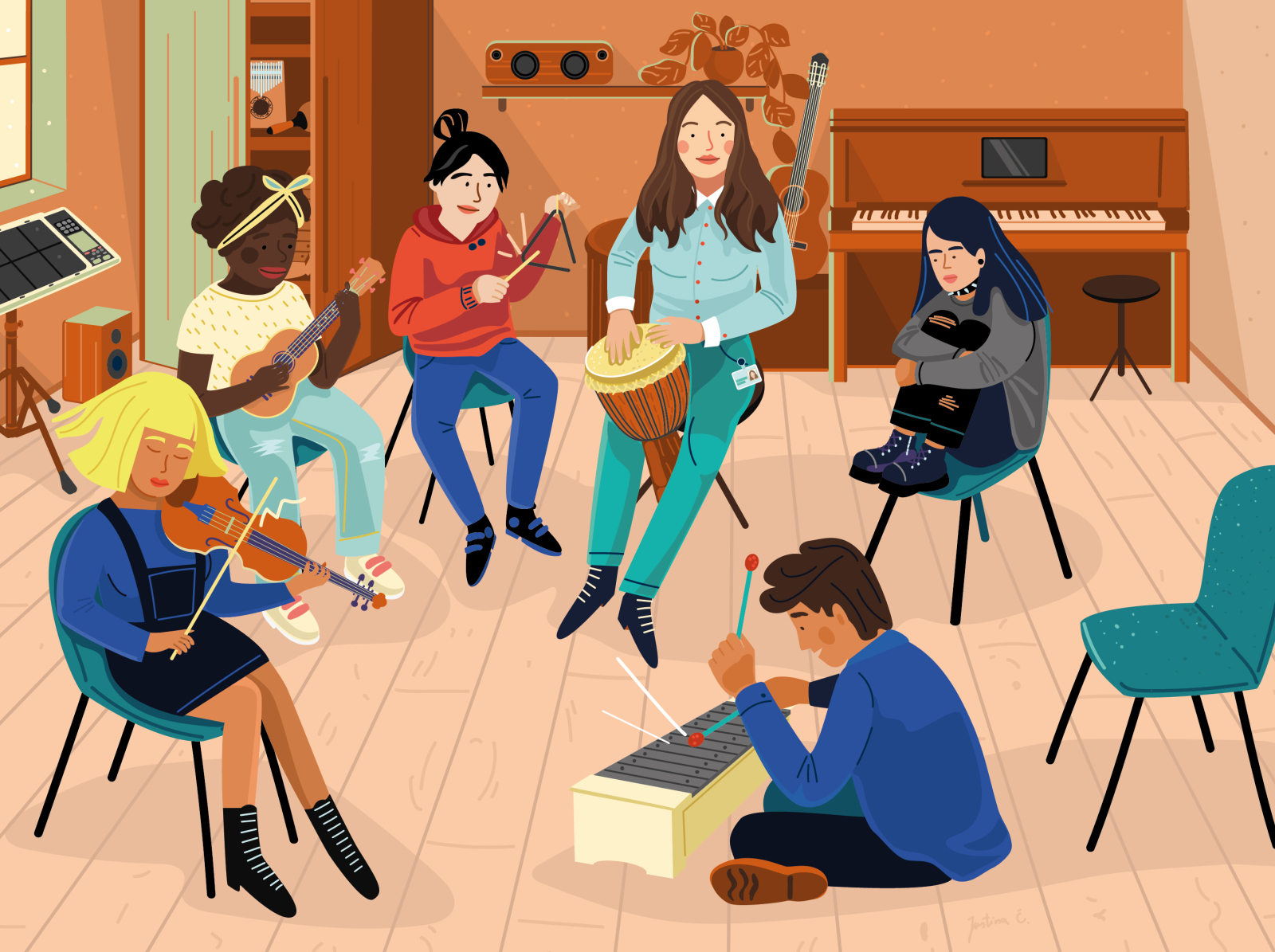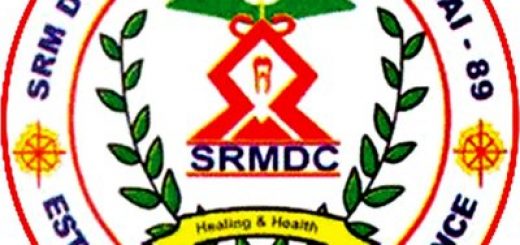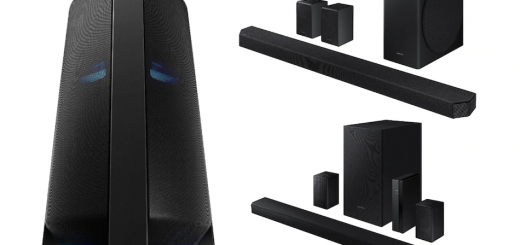MUSIC THERAPY: Healing while having fun

Khevna.P.Shah, INN/Bangalore
@Shahkhevna1, @Infodeaofficial
The relationship between music and therapy is as old as humanity. Music has always been a type of escapism for people, even when they can’t tune or play any instrument, they will always have a list of music that releases happy memories. Even in the operating room, the surgeons play their favorite music to relieve stress. So what exactly is music therapy?
Music therapy is the use of music to address the emotional, cognitive, physical, and social needs of an individual or group. Its main aim is to touch all aspects of the body, mind, brain and also influence behavior. As said that the brain is an important part of the body, music therapy focuses on keeping the brain healthy. And different genres of music target the different parts of the brain. It utilizes a variety of activities such as playing instruments, composing melodies, and writing songs. Music therapy is appropriate for people of all ages, gender and irrespective of their health.

Evolution of Music therapy.
Though Music therapy has gained popularity in recent times, the idea was first approached by Greek philosophers such as Pythagoras, Aristotle, and Plato that the healing and transformative power of music. And it is only during the Second World War that music therapy was recognized as a formal profession because the work of the musicians and early music therapists were highly helpful in retaining the mental health of the troops and veterans. Later in the year 1877, the phonograph was invented and the doctors were able to use music as a sedative or distraction in the operating room in the United States. And in the year 1950, the National Association of Music therapy (NAMT) was born, and in the year 1988, The American Music Therapy Association was established. Music therapy has come a long way since the early 20th century due to the introduction of modern technologies. Countries such as the United States, Great Britain, Germany, Canada have progressive success in the establishment o music therapy, yet it is only the beginning stages in other countries.
Types of Music Therapy
- Neurologic music therapy (NMT)
It is a model of music therapy that is based on neuroscience, specifically on the perception and production of music and its influence on the function of the brain and behaviors. It manipulates the brain by using the difference between with and without music. Specialists of NMT have claimed that the brain changes and develops by engaging with music and can help to develop motor skills.
- Kodaly
Zoltan Kodaly is considered to be the inspiration for the development of this philosophy of music therapy. The base of rhythm, sequence, movement, and notation aid in learning and healing the patient. It is observed that this method helps to improve rhythm, music literacy, and intonation as well provides a positive impact on motor skills, concept formation, learning performances, and perceptual function in a therapeutic setting.
- Dalcroze eurhythmics
Developed by Emile Jaques-Dalcroze, known as the Dalcroze Method focuses on structure, movement expression, and rhythm. This method is used to teach music to students as well. It helps patients with motor difficulties by improving physical awareness.
How does it work?
Scientists suggest that music discharges the mind improving synthetic cells and compounds into the patient’s body which music specialists can capitalize on to help in the treatment. It releases various compounds such as the:
- Endorphins- also called the happy hormones as it gives an individual the feeling of euphoria and an upbeat perspective. It also acts as a good pain reliever and also helps to heal wounds.
- Dopamine- The ‘feel good’ chemical increases the pleasure receptors in our body
- Cortisol- is a stress hormone that drastically decreases while listening to music.
- Immunoglobulin A- it attacks and prevents the growth of the bacteria and also seems to increase while listening to music.
Diseases cured by Music
There are few diseases that can be cured by Music Therapy:
- Dementia
- Aphasia
- Autism
- Stroke
- Heart disease
Music is not only a tool for relaxing but also for therapy and who knew one could have fun while undergoing treatment.




